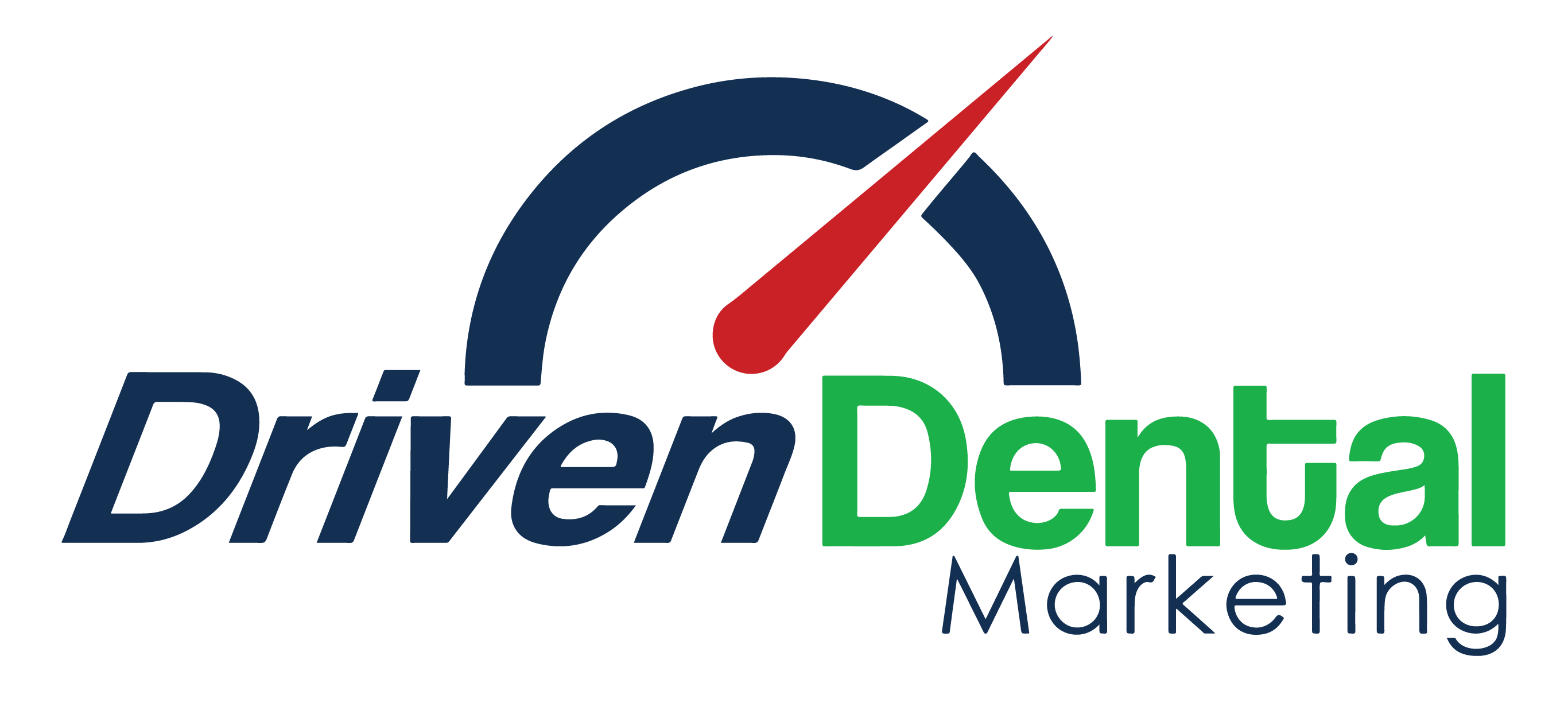Many dentists offering dental implants for the first time may feel like they’re about to strike gold. They’ve been promised that by expanding their mix of services in this way, they can open up an extremely profitable new wing of their practice. In other words, payday is just around the corner.
The hard truth, however, is that it takes hard work to get ahead in this field. Because patients are fewer and farther between, there is more competition for them. Because of the financial commitment, it can take longer for patients to say “yes” to treatment.
Offering requires learning new skills, developing new systems, and understanding a different buyer’s journey for your patient. It takes time, too, to see a return on your investment.
There is no over, under, or around this truth. Those who work hard and remain patient will thrive in implant dentistry, and those who can’t simply will not last. As a dentist, you have to accept and even plan for delayed gratification. And on the way, you have to refine the capabilities of your practice.
In our time working with implant practices, we’ve found that practices that answer the following three questions significantly reduce the time and effort required to thrive in implant dentistry. Take a look, and develop answers for yourself:
1. What skills do you need to learn?
Every dentist has gaps in their knowledge and competencies. Oftentimes, those who are technically proficient have obstacles to overcome in attracting and connecting with prospective patients… and vice versa.
What areas do you need to improve in to have a well-rounded implant practice? Some dentists need to brush up on their technical skillset so that every patient leaves both satisfied and amazed by their new smile. Others may need to learn the art of a good consultation, so that prospective patients feel educated and ready to move forward with treatment.
One skill we constantly see getting overlooked is internal marketing. Internal marketing is the ability to meet new patients by using your current patients and employees as a launching pad. It’s free and often leads to better recommendations than classical marketing. If you haven’t given it a try, then check out the link above to get started.
2. What systems do you need to rework?
Second, systems that work for routine drill-and-fill dentistry may not work for more complex-care procedures. Or, they may work but require modifications for implant dentistry. Make sure that your intake system, phone scripts, and patient follow-up care systems all match the needs of an implant patient.
Additionally, many implant practices benefit from adding a Customer Relationship Management (CRM) system. A good CRM tool allows a dental practice to track each prospective patient’s journey individually, and keep all of the notes about their relationship with your practice in one place. This ensures that nobody falls through the cracks, and everybody receives the attention they need.
3. Who do you need to partner with?
Lastly, offering a high-value procedure like dental implants completely changes the landscape for marketing your services. In routine dentistry, many practices get by with word of mouth, family referrals, and business listings in digital and print media. This won’t work for implant patients, because as mentioned before, they have a longer buyer’s journey and require more care before committing to treatment.
To this end, consider partnering with a professional implant marketing agency. At Driven Dental, we use a proprietary CRM tool. We have access to a network of pre-qualified implant leads. We know how to coach you through your best consultations yet and boost your case acceptance rate through the roof.
If you’re interested in learning how we can speed up the profitability process for your implant practice, then consider booking a free strategy call with us. At the very least, we’ll share as much knowledge as we can with you about succeeding in this new space.
The hard truth is that it takes tremendous time and effort to build a successful implant practice. But by refining your skills, improving your systems, and finding the right partners, you can go much further, faster.
